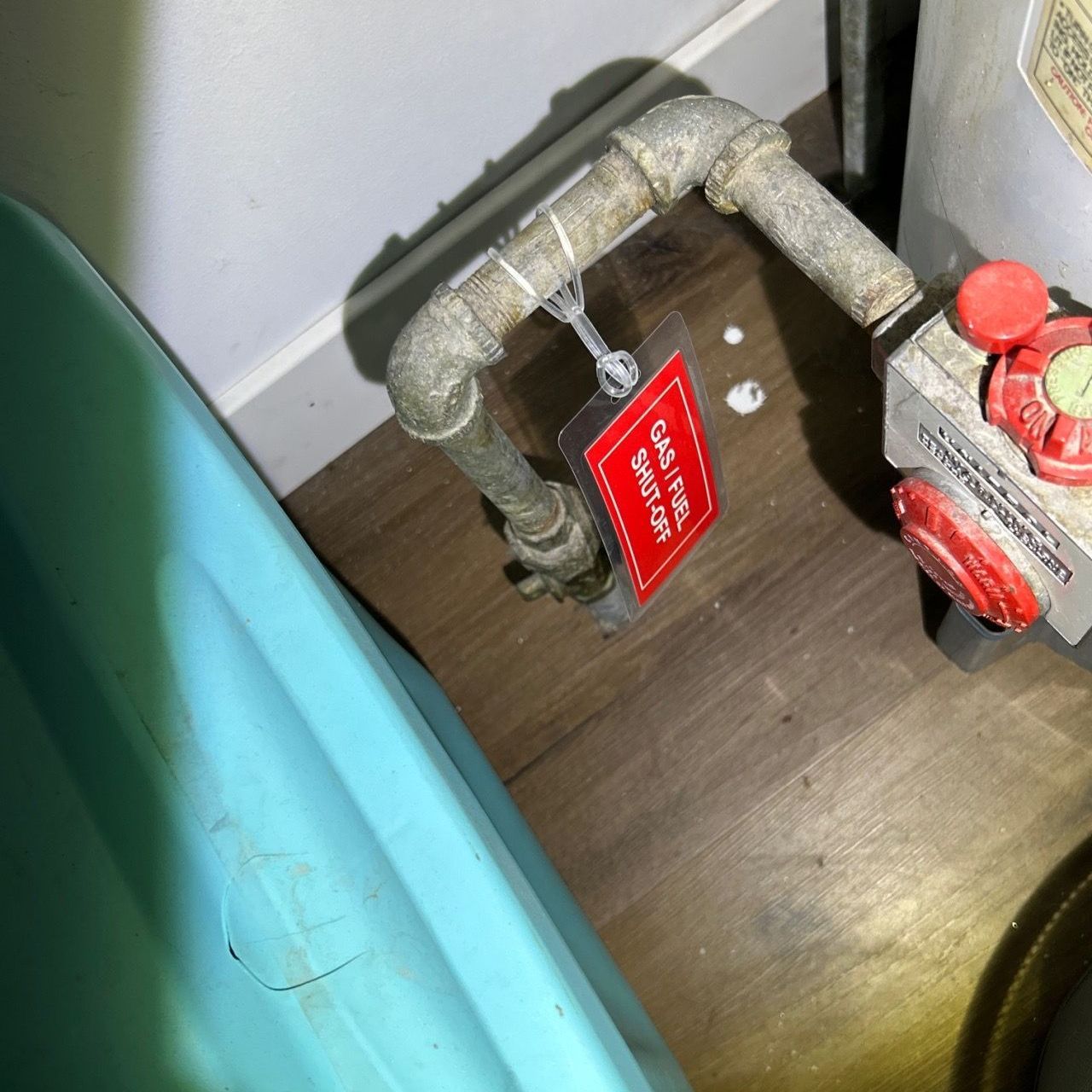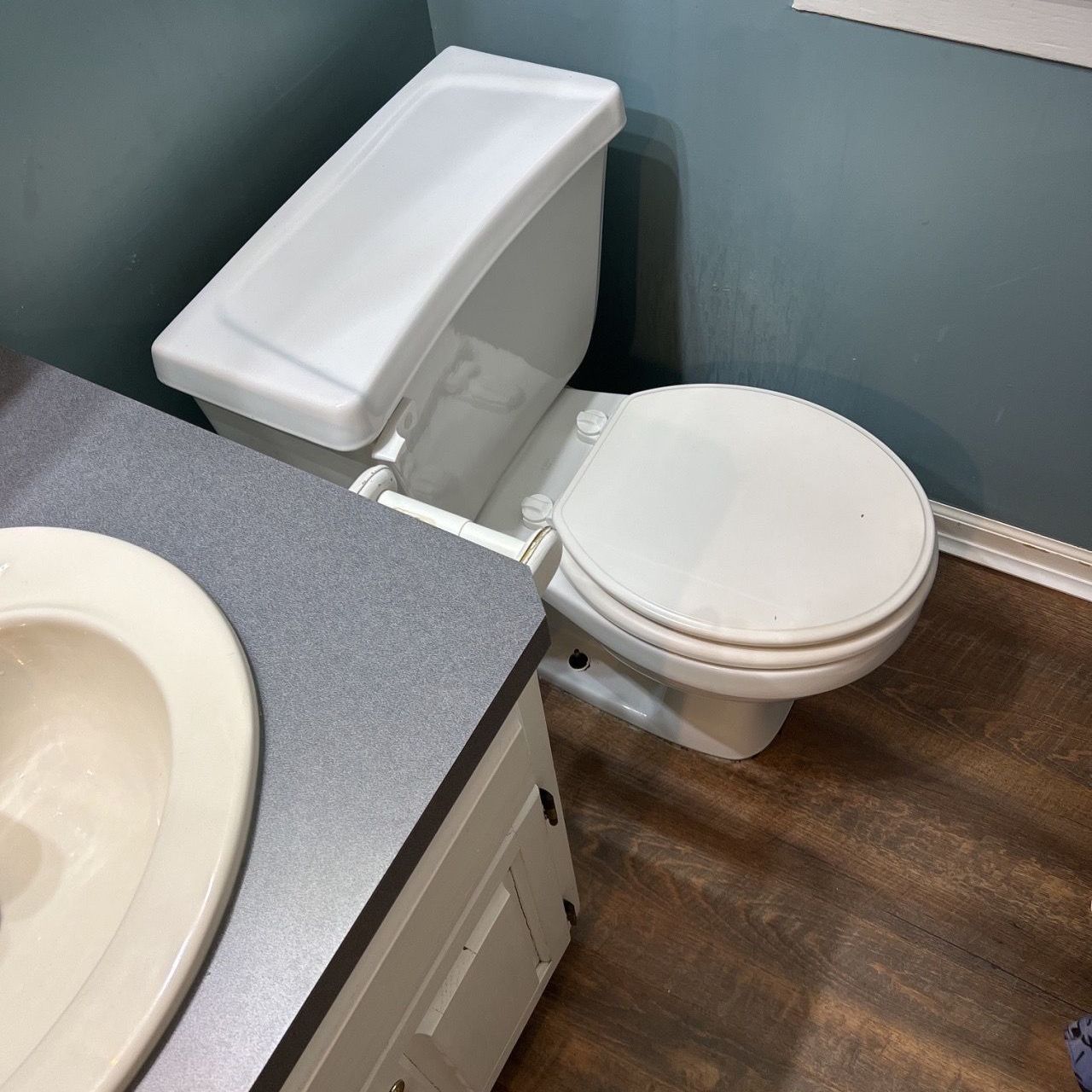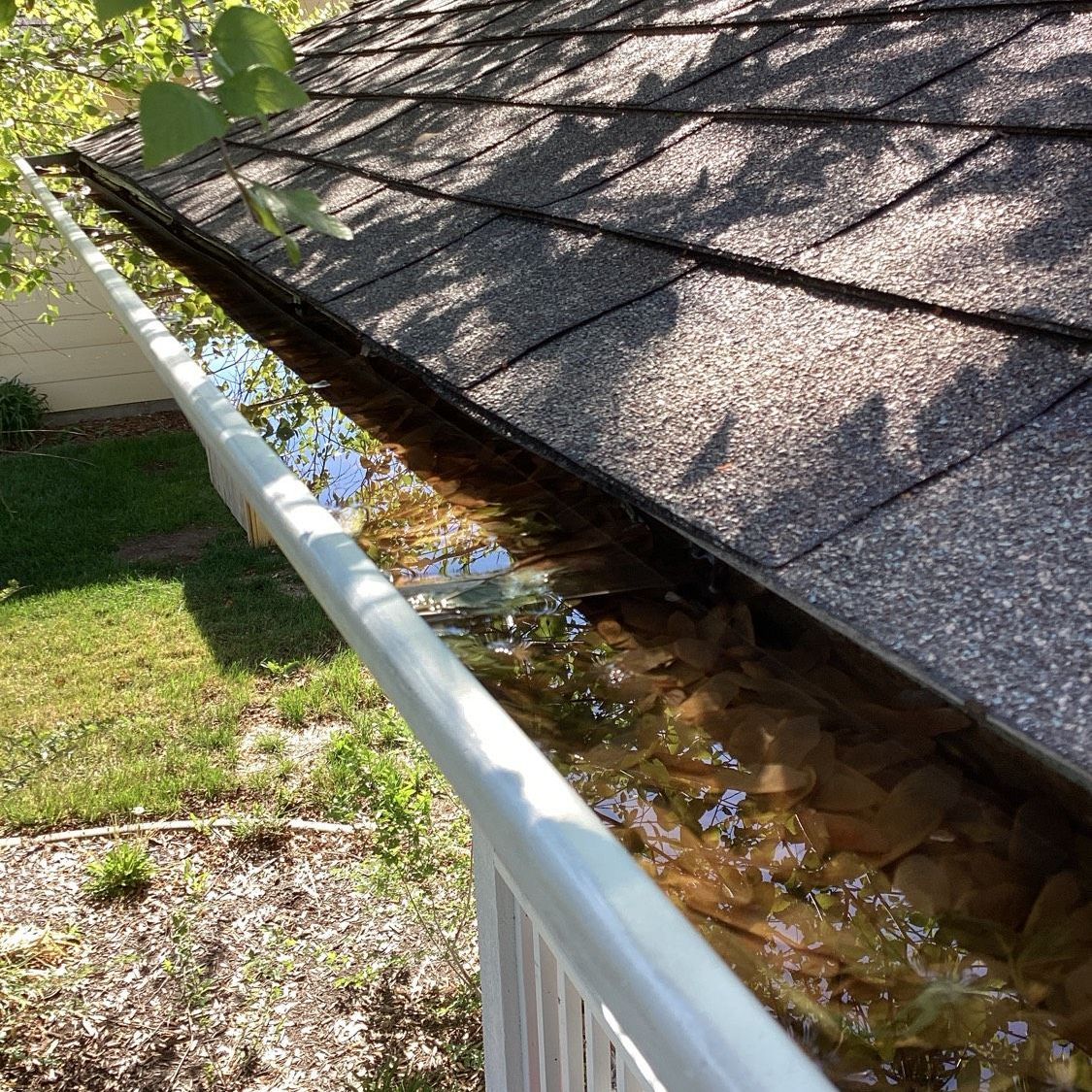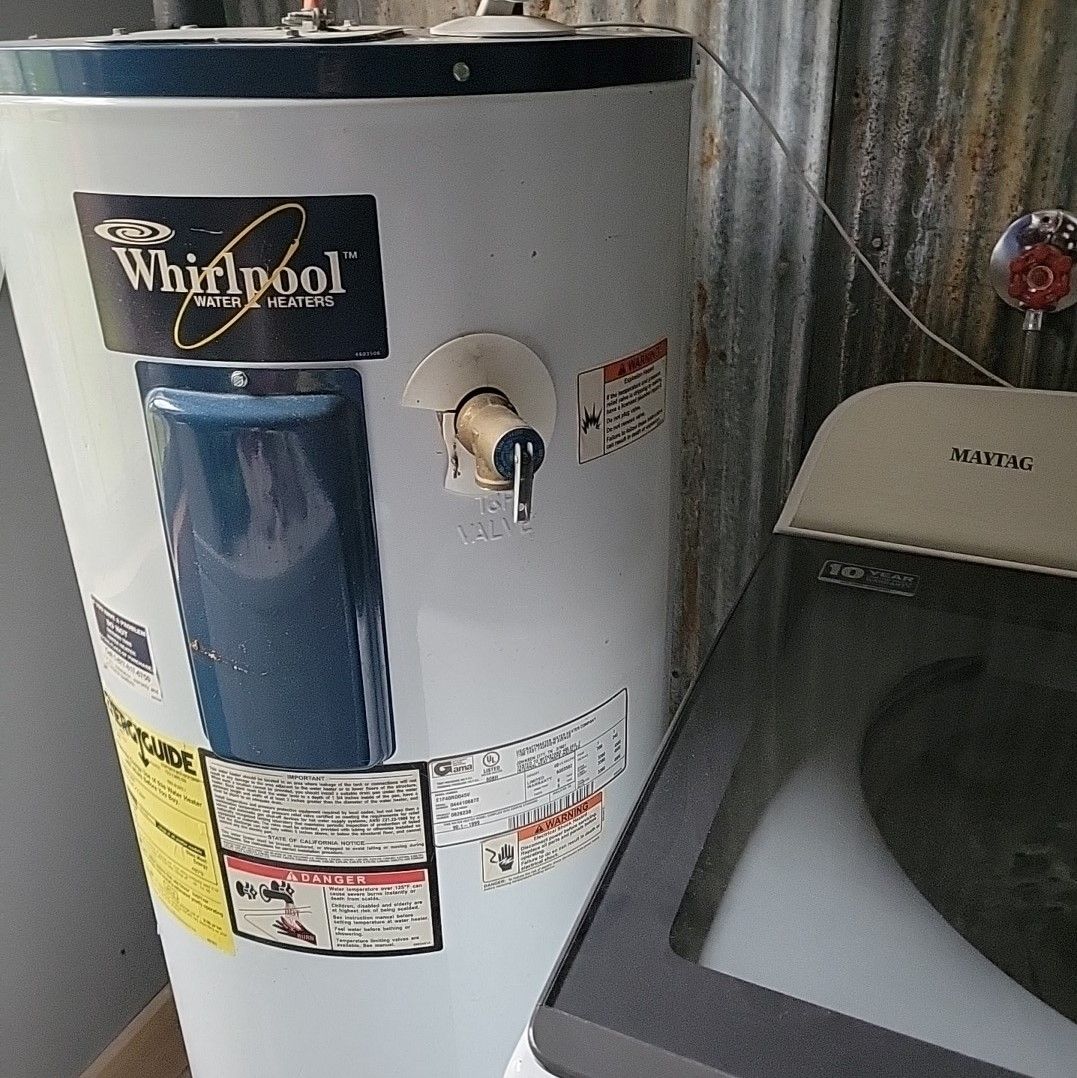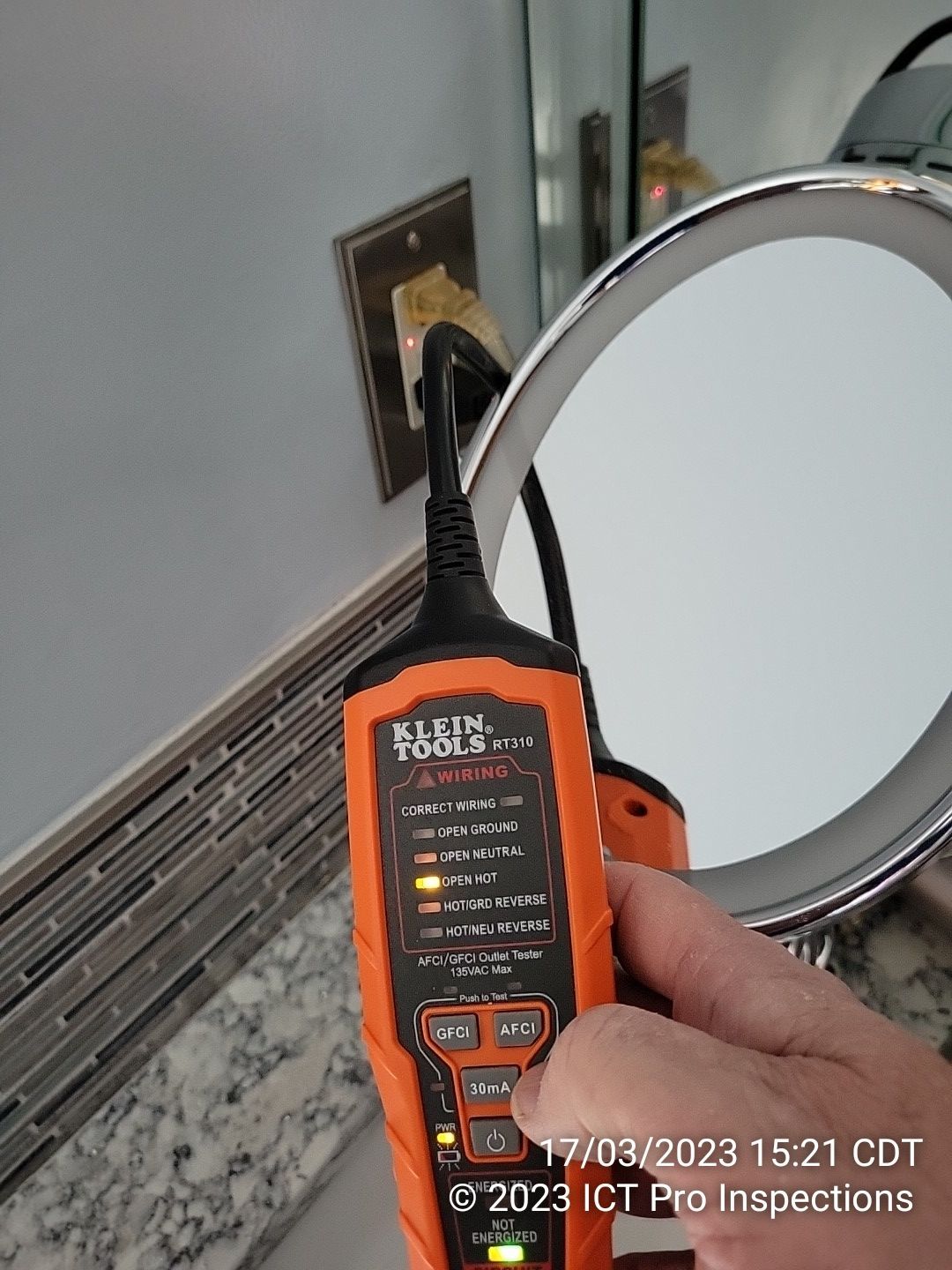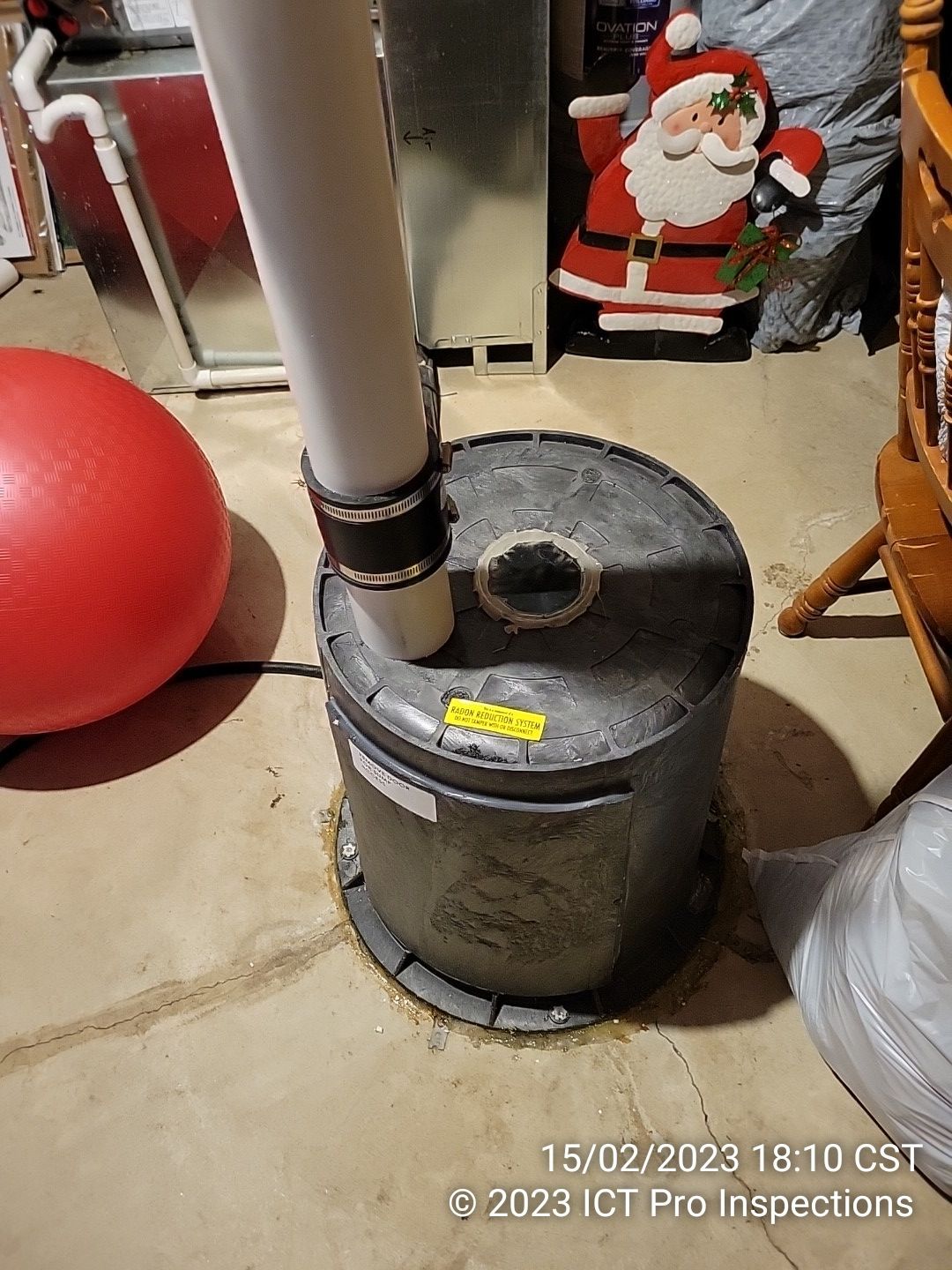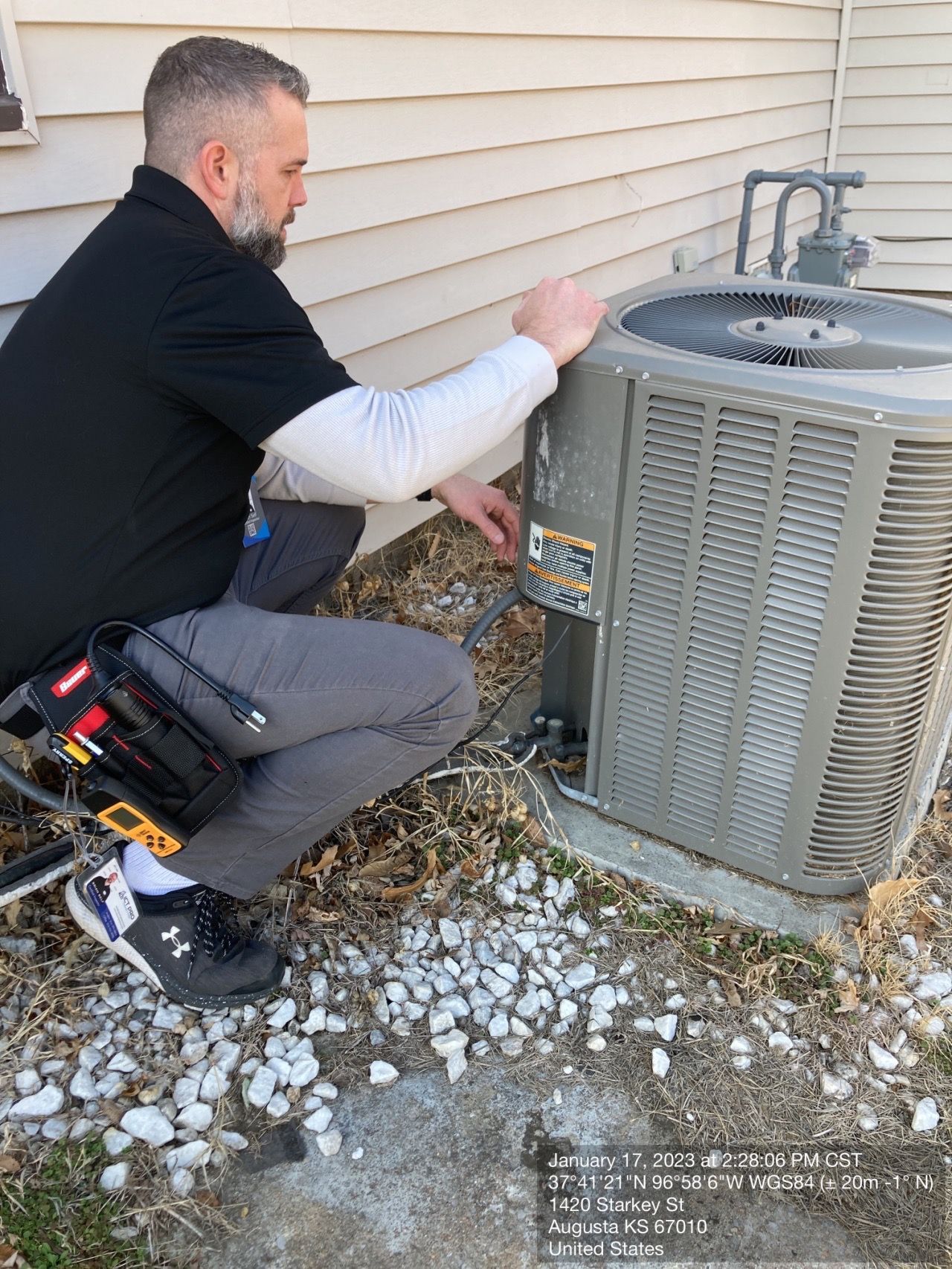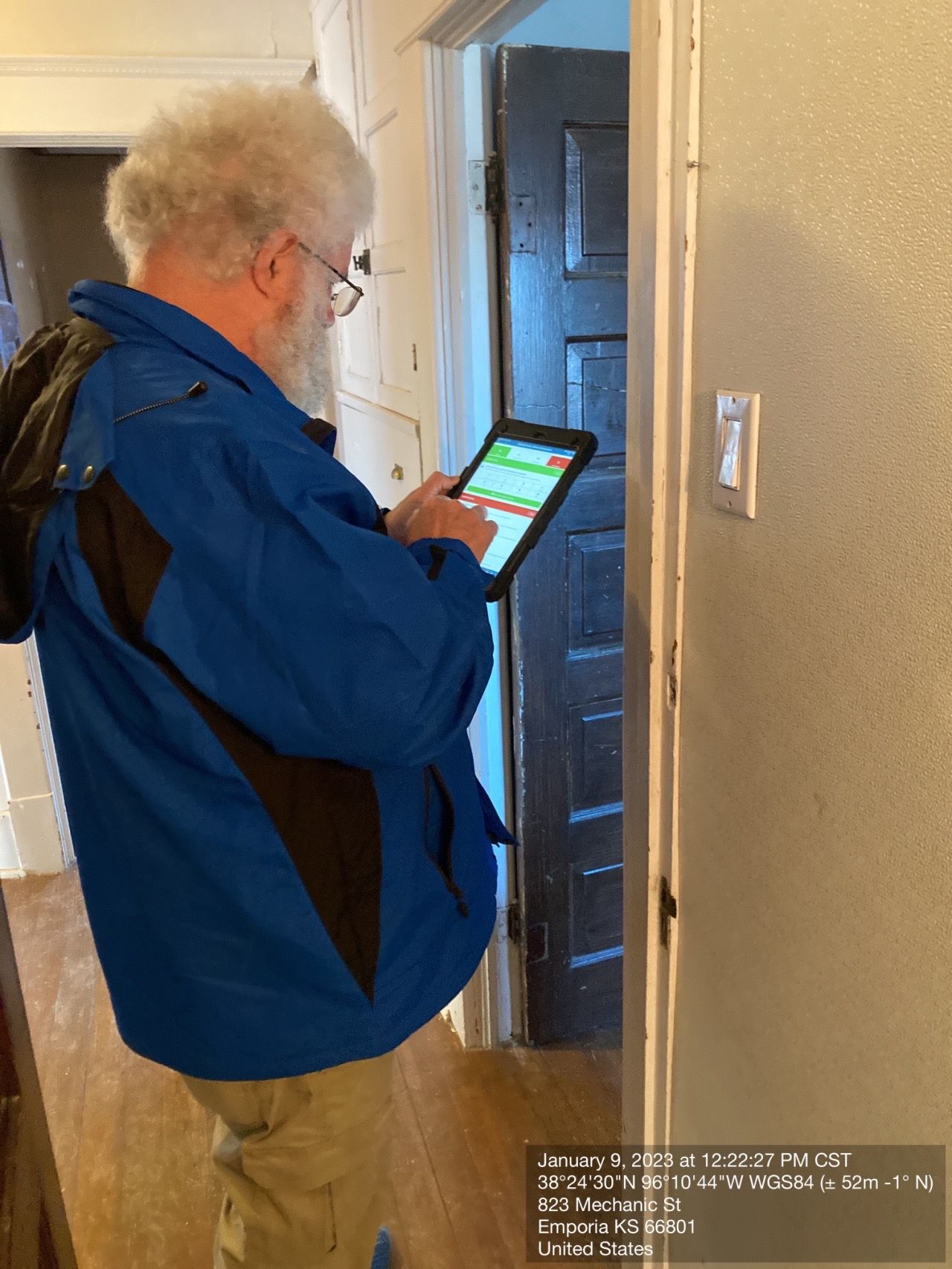Missing or Low Amounts of Insulation in your Attic
This is a subtitle for your new post
Missing or low amounts of insulation in a home's attic can contribute to a number of problems, including:
- Increased energy bills. When your attic is not properly insulated, heat can easily escape in the winter and enter in the summer. This can lead to your HVAC system working harder to maintain a comfortable temperature, which can drive up your energy bills.
- Moisture problems. When heat escapes from your attic, it can cause the moisture in the air to condense on the roof and other surfaces. This can lead to mold, mildew, and other moisture-related problems.
- Ice dams. Ice dams are a common problem in homes with poorly insulated attics. They form when melting snow on the roof refreezes at the eaves, causing a dam of ice to form. This can prevent melting snow from draining off the roof, which can lead to water damage.
- Reduced comfort. If your attic is not properly insulated, you may experience uncomfortable temperatures in your home. In the winter, your living areas may be too cold, and in the summer, they may be too hot.
- Damage to your roof. A poorly insulated attic can put extra stress on your roof, which can lead to premature wear and tear.
If you are concerned about the insulation in your attic, it is a good idea to have it inspected by a qualified contractor. They can help you determine if your attic is properly insulated and recommend any necessary repairs or upgrades.
Here are some tips for improving the insulation in your attic:
- Add more insulation. If your attic is not currently insulated, or if the insulation is old or damaged, you will need to add more insulation. The amount of insulation you need will depend on your climate.
- Air seal your attic. In addition to adding insulation, it is also important to air seal your attic. This will help to prevent air from escaping through cracks and gaps in the attic.
- Vent your attic properly. Attic ventilation is important to prevent moisture buildup. However, you don't want to vent too much, as this can also lead to heat loss.
By following these tips, you can improve the insulation in your attic and save money on your energy bills, improve your comfort, and protect your home from damage.
